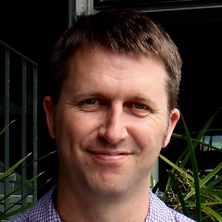Optimising how the brain processes language in healthy and neurological populations (2011-2015)
Abstract
Communication disorders following brain injury or disease cause significant frustration, distress and social and economic loss. Yet current treatments are not optimal and our understanding of the brain mechanisms underlying successful treatment of language is extremely limited. The ability of the brain to process language can be influenced by a number of factors including behavioural experience, pharmacological agents, and direct stimulation. This program of research will investigate how these different factors change the way the brain processes language in healthy individuals and in people with neurological disorders. The findings of the research have the potential to identify new ways of treating communication disorders.

